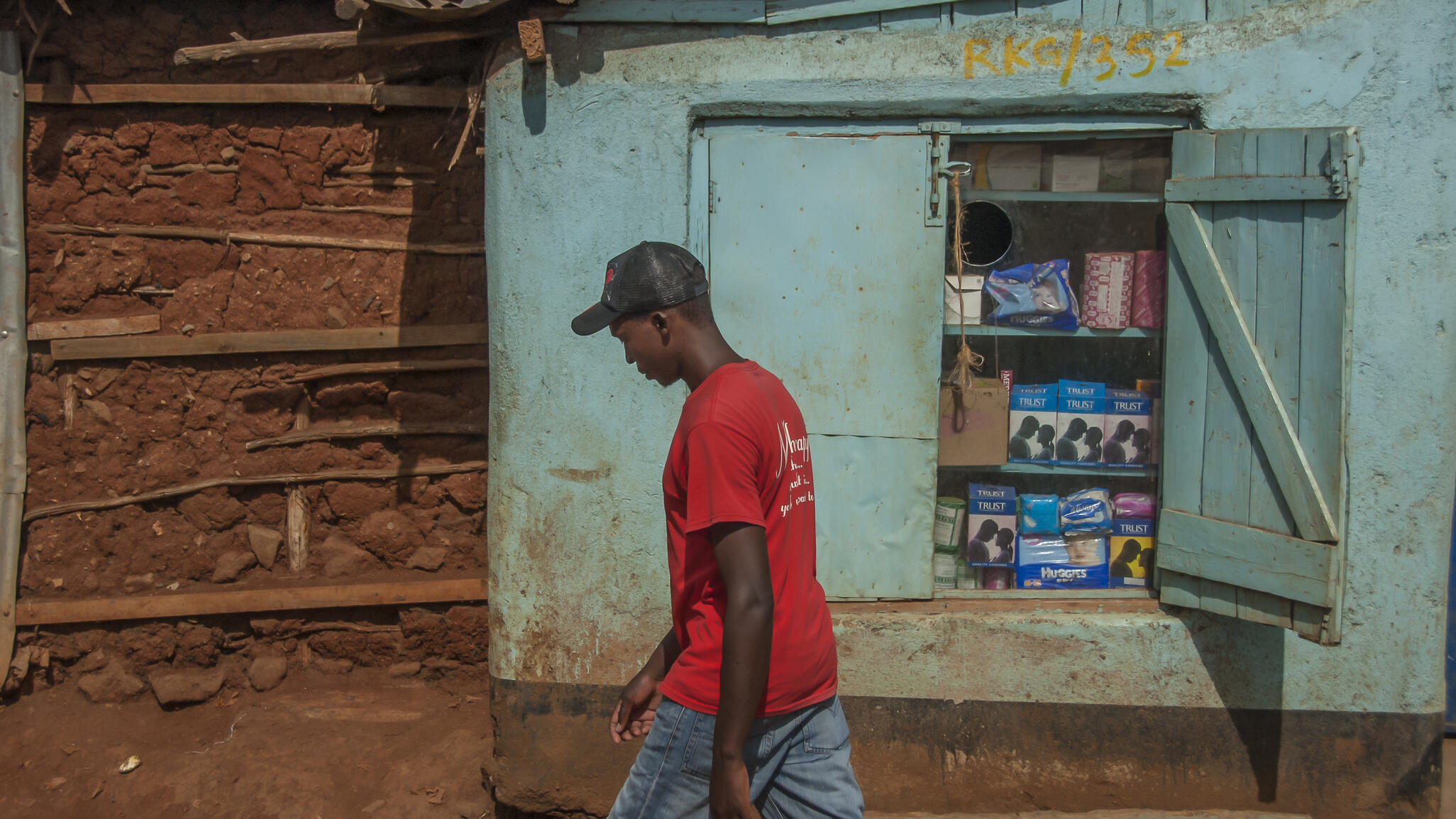
Throughout 2018, there have been intensive global efforts to increase the proportion of people who know their HIV status, facilitated by the scale up of new testing approaches and technologies. In 2018, UNAIDS reported that 75% of adults globally were aware of their status, short of the 2020 target of 90% and masking disparities in status awareness. Remote rural populations, men, young people and key populations including female sex workers and men having sex with men tend to be less well served than other groups by standard clinic-based HIV testing. HIV self-testing (HIVST), where an individual collects their own sample and conducts and interprets the result, is a relatively new intervention that has been recommended by WHO as an additional testing strategy able to improve uptake and frequency of testing among both general populations and men. HIVST has high acceptability among general populations, young people, and key populations and has the potential for major health impact among people in sub-Saharan Africa and assist efforts to end the global HIV epidemic.
LSTM researchers, including Dr Peter MacPherson, Dr Miriam Taegtmeyer and Professor Frances Cowan and their teams, have led a decade’s worth of research into HIV self-testing, spanning from initial feasibility studies in Malawi in 2009 to large cluster-randomised trials of effectiveness and multicounty evaluations of implementation across Southern Africa.
Preliminary research studies showed that HIV self-testing was feasible and acceptable when offered through community members and had high potential to reach groups not otherwise well-served by HIV testing interventions, including men. A large prospective evaluation among nearly 17,000 adults in Blantyre demonstrated high and sustained uptake of HIV self-testing, with three-quarters of the entire adult population self-testing annually. LSTM has also led innovative research into improving access to HIV care and prevention services following HIV self-testing. In the first study of its kind, people in Blantyre who self-tested positive for HIV were three-times as likely to initiate antiretroviral therapy when treatment initiation was offered at home. In Zimbabwe, following extensive accuracy work, a randomised evaluation of campaign-style community-based distribution of 88,000 self-tests found that the proportion of adults ‘ever tested’ increased from 74% to 89% and that ART initiations increased by 27% in health facilities serving communities where self-tests were delivered. LSTM researchers have also been instrumental in showing that HIV self-testing is likely to be cost-effective if introduced at scale, increase population-level access to HIV treatment and prevention services, and have a low risk of adverse outcomes and of perpetrating stigma.
Rapid progress has been achieved in translating research findings into policy, regulation product development for HIV self-testing. Research findings have been quoted in WHO guidelines on HIV self-testing released in December 2016 and have directly influenced national policy and regulation of HIV self-testing in sub-Saharan Africa. This has enabled global scale-up and made it easier and more attractive for manufacturers to enter the HIVST market.
When LSTM and WHO co-hosted the first international meeting on HIVST in Geneva in 2013 there were no products for programmatic procurement in low- and middle-income countries (LMICs). Now there are 10 HIVST products in the pipeline, one that is WHO prequalified, and four others listed for procurement under “operational research” through the Global Fund. National and donor procurement of HIVST products in LMICs has risen from non-existent to an expected five million self-tests in 2018. LSTM researchers and their teams have identified common errors in instructions for use, developed demonstration materials and worked with manufacturers to ensure that intended users are able to correctly perform and interpret tests in the privacy of their own homes, allowing scale up to the remotest of areas and hardest to reach populations. LSTM is also a partner on the STAR Initiative, the largest HIV self-testing implementation project in the world.
For more information on an aspect of our work in HIV watch the seminar by LSTM Professor Frances Cowan
Global Scale-Up HIV Self Testing: Reaching Vulnerable Populations
The following virtual seminar was delivered on 30 September 2020
Professor Miriam Taegtmeyer and Professor Frances Cowan are key partners in the STAR initiative which aims to stimulate the market for HIV self-test kits through supporting countries in Southern Africa to scale-up self-testing.